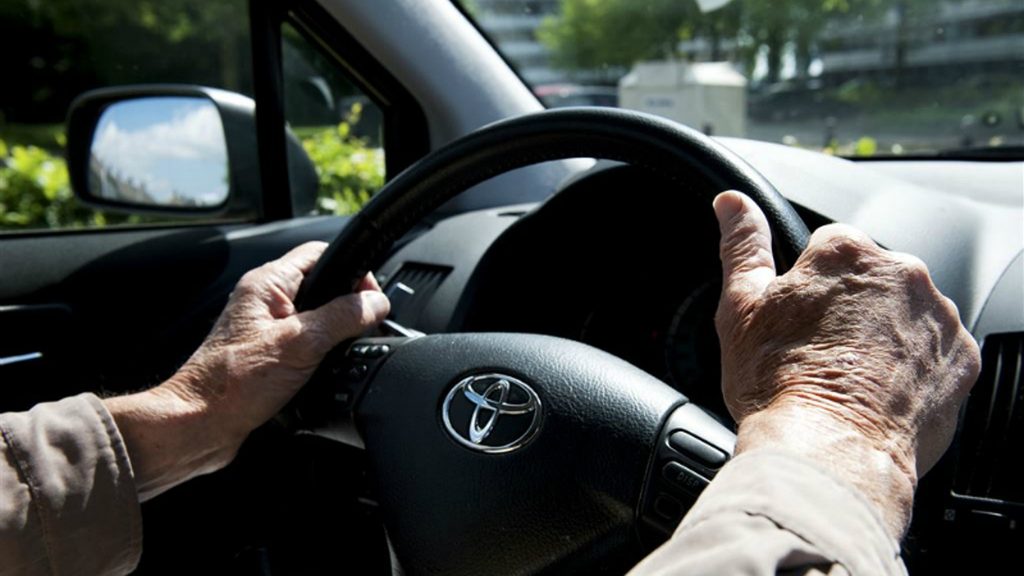EU transport ministers revised a proposal by the European Commission on Monday to limit the validity of driving licences for people aged 70 and over to five years, with a medical examination or refresher course.
The obligation, proposed in March by the European executive as part of a broader legislative package on road safety, will now be left to each Member State to decide. Belgium has already spoken out against the measure aimed specifically at senior citizens, as have Germany and Austria.
"I am delighted that disproportionate demands on senior drivers will not be made compulsory. Their mobility must remain a freedom," declared Federal Mobility Minister Georges Gilkinet before his European counterparts.
"Nobody should be excluded from public spaces or stripped of the freedom that mobility brings. This includes seniors who often rely on a car to enjoy this freedom."
'Exemplary drivers'
The Minister has previously voiced his opposition regarding the "discriminatory" limited-duration driving licences for senior citizens. In his view, seniors are "often exemplary drivers" and are by nature more cautious, cover shorter distances, usually during the day, and drive on roads that they know well. "If everyone drove like our seniors, road safety statistics in Belgium would be far better."
He warned of isolating this increasingly active demographic in a misdirected bid to improve road safety, and suggested such a move could risk more lives than it saves.
"Considering age as a criterion is a very narrow view. It not only discriminates a large group of people but also limits their freedom," Flemish Mobility Minister Lydia Peeters added.
Gilkinet therefore believes that their ability to drive should be assessed differently, for example in consultation with a GP. The Commission suggested that Member States could opt for other forms of assessment, and even for self-assessment based on a questionnaire.
Digital licences and new driver restrictions
Ministers also agreed on the introduction of a digital driving licence, available on smartphones. This measure will come into force by 2030. Physical driving licences will, however, also remain valid. From 2033, the European driving licence in the form of a bank card will become compulsory, and the paper version will disappear.
All 27 Member States also agreed to stricter regulations for new drivers during their first two years of driving at least. They will be able to obtain a driving licence from the age of 17, but accompanied driving will be compulsory until the age of 18.
This measure goes beyond the current Belgian system, under which young people have to wait until their 18th birthday to obtain their driving licence. Under the European system, 17-year-olds are also able to drive abroad, whereas under the Belgian system they can only drive accompanied on national roads with their provisional driving licence.
Related News
- How to exchange a foreign driver's licence for a Belgian one
- EU wants over 70s to prove they can still drive every five years
- Driving on drugs: Foreign nationals face on-the-spot fines of €1,260
The road safety package also includes measures to combat impunity for non-EU drivers. Non-EU drivers can already be punished for eight of the most common offences. Others will be added, such as dangerous overtaking, failure to keep a safe distance and hit-and-run offences. Another element is that drivers who commit an offence in another Member State should receive clearer information in future, Gilkinet said.
The Member State in question will be obliged to issue the ticket and follow-up documents in the language used by the offender, providing the information necessary for the driver to understand.
Gilkinet is satisfied with the progress that has been made. However, he believes that the Member States must address "the need to harmonise speed limits throughout the EU," describing it as a "subject that should be put back on the table for the Commission's future work programme."

